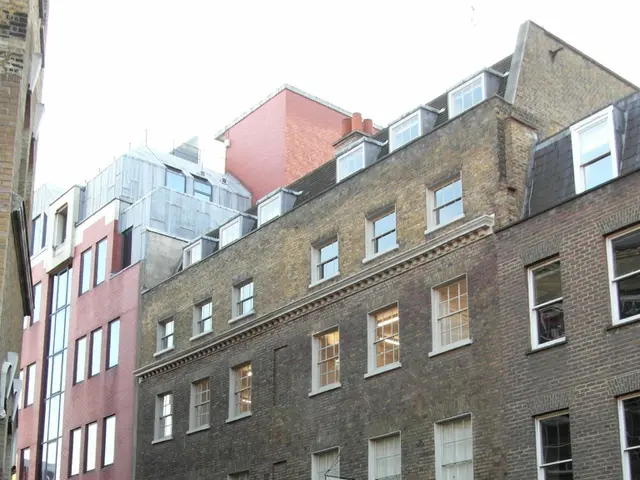Essential Details About Selecting the Ideal Content Management System (CMS) for Your Website
A well-designed and optimized website is a vital tool for businesses in the digital era, driving revenue and growth. With over 1.5 billion websites competing in the digital landscape, it's essential to optimize yours for visibility. This is where a content management system (CMS) can be a valuable asset.
A CMS can enhance user experience, SEO, and content delivery by offering features like content optimization, streamlined publishing, and editing based on the latest SEO trends. As a digital marketer or business owner, selecting the appropriate CMS is crucial to brand differentiation.
Here are five key factors to consider when choosing the right CMS for your website:
1. User-Friendly Interface for Efficient Content Management
The CMS should provide an intuitive, user-friendly interface to make content creation, management, editing, and publishing seamless for users of varying technical skill levels. For example, WordPress is well-known for its user-friendly interface, making it accessible for both beginners and experts. On the other hand, Drupal, while powerful, has a more complex interface that requires a steeper learning curve.
2. Integrated SEO Functionality for Improved Visibility
SEO is a critical aspect of a successful website. The CMS must have built-in SEO plugins to increase your chances of achieving top rankings in search engine results pages (SERPs). WordPress offers numerous SEO plugins, while other platforms may lack the same level of integration.
3. Customization Options for a Unique Website Experience
To resonate with your audience and stand out from competitors, your website must be customized according to your business offerings and value proposition. The right CMS offers customization options that can help create a unique, engaging user experience that aligns with your brand's style guide. Consider platforms like Shopify that offer personalized themes and templates.
4. Data Security Features to Protect Your Website
Cybersecurity threats can have disastrous consequences, from data theft to financial losses and damage to your business's reputation. robust data security features and plugins can minimize the risk of these events. Look for a CMS like Joomla that offers built-in multi-factor authentication for improved security.
5. Cost Efficiency for Long-Term Sustainability
When selecting a CMS, cost is a critical factor. Consider both upfront costs and ongoing expenses, including hosting, premium plugins, themes, maintenance, and security updates. Aim for a balance between cost and features to avoid overspending on unnecessary capabilities or underinvesting in essential areas.
In conclusion, choosing the right CMS can give your business an edge in the competitive digital landscape. By simplifying content creation, management, editing, and publishing, and integrating critical SEO features, a suitable CMS can help you create a unique, secure, and sustainable online presence. Keep these key factors in mind when making your decision to find the perfect CMS for your business needs.
- Technology and coding savvy individuals can customize their chosen CMS to meet specific education-and-self-development needs, such as learning how to optimize websites for increased visibility through SEO plugins.
- After a day of sports activities, one might find relaxation in creating a personal blog using an intuitive CMS like WordPress, enabling easy content creation and sharing with others in the digital world.








